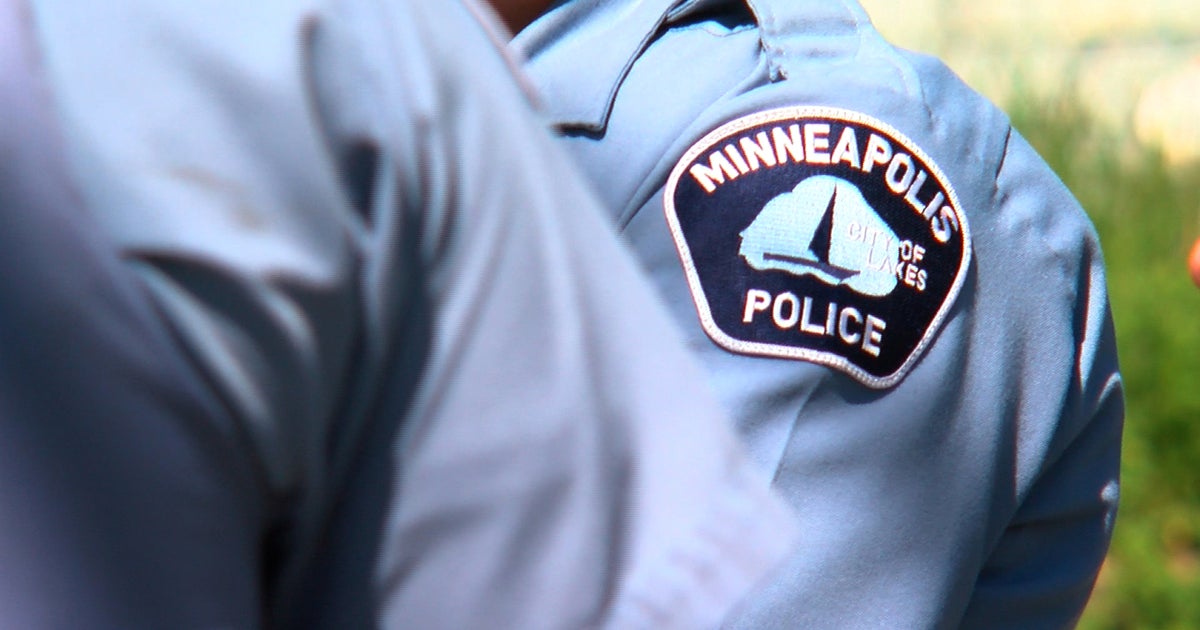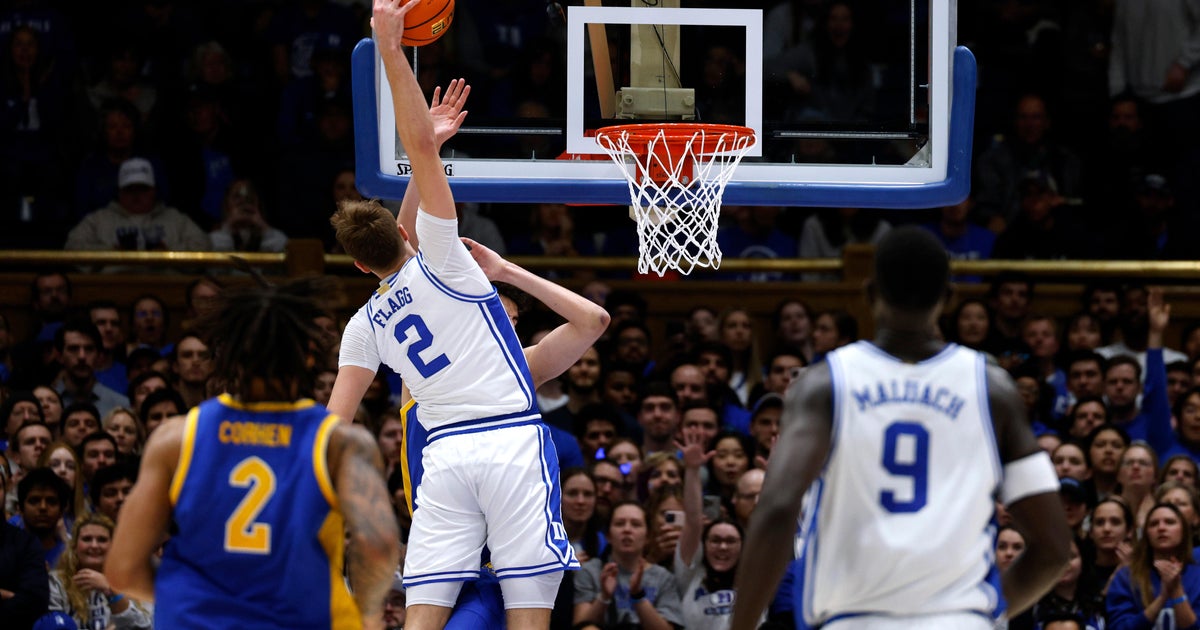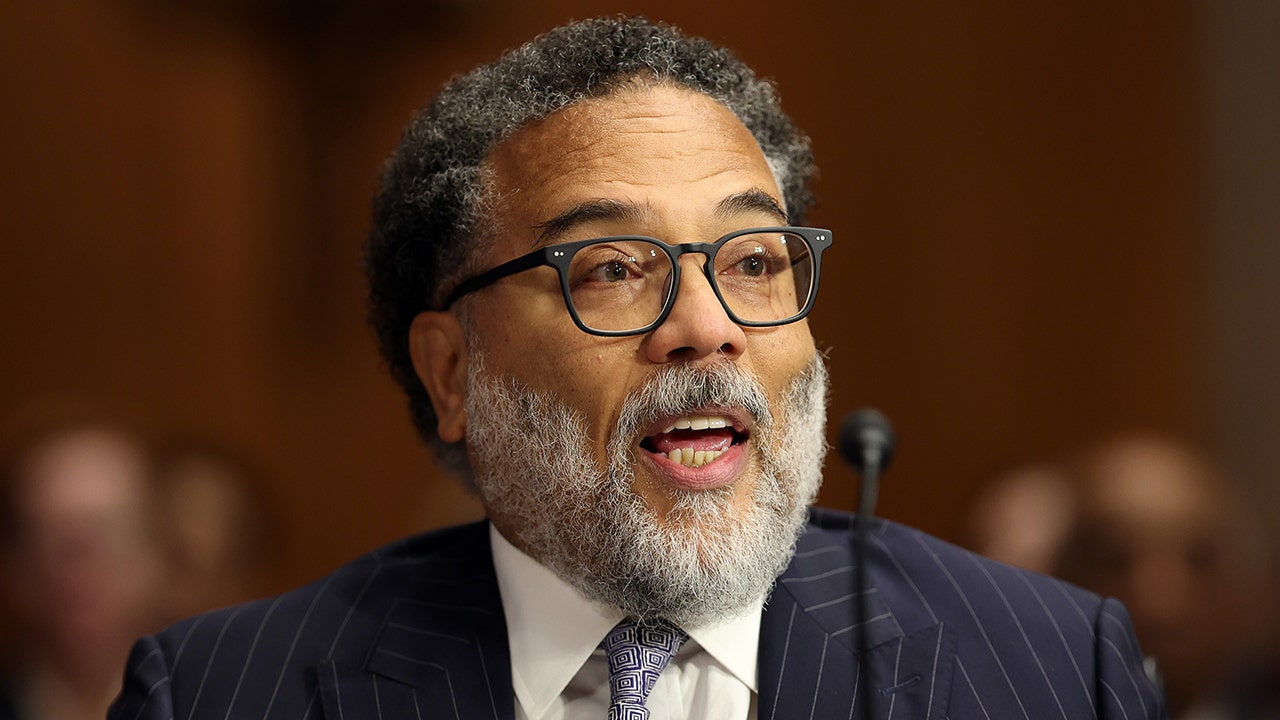Education
Ron DeSantis, su educación y campaña política

El gobernador de Florida, Ron DeSantis, busca la nominación a la candidatura presidencial republicana y ha ido moldeando su campaña y su personaje político en torno a una guerra contra la supuesta clase dirigente del país: una élite incompetente e irresponsable de burócratas, periodistas, educadores y otros “expertos” cuya autoridad perniciosa e inmerecida ha jurado derrotar. A pesar de sus dificultades en la campaña electoral, DeSantis se ha convertido en el líder de una nueva vanguardia conservadora que ve las escuelas y universidades públicas como el principal campo de batalla de las guerras culturales y sus políticas educativas en Florida como un modelo para los estados republicanos de todo el país.
Sin embargo, la clase dirigente que DeSantis critica es la misma a la que pertenece. Se educó en las escuelas de Derecho de las universidades de Yale y Harvard, pasó los primeros años de su edad adulta subiendo como la espuma en la élite estadounidense. Un análisis de The New York Times revela el modo en que DeSantis, aunque se sentía genuinamente decepcionado por su paso por las instituciones de élite, también fue muy astuto a la hora de entender cómo podía sacarles provecho. Ahora ofrece al electorado una historia revisionista de sus propios encuentros con la clase dirigente para reforzar sus argumentos a favor de desbancarla y de rehacer la educación pública misma.
A continuación, las cinco conclusiones de nuestro artículo de The New York Times.
Se benefició de recibir una educación de élite
Durante su campaña, DeSantis suele describir sus años en las escuelas de Derecho de Yale y Harvard como un periodo detrás de las filas enemigas y describe ambas instituciones como lugares donde los estudiantes y los profesores eran antiestadounideses. Pero su experiencia general fue más variada de lo que reconoce.
En Yale, formó parte de St. Elmo, una de las “sociedades secretas” de la escuela, conocida históricamente por ser semillero de futuros senadores y presidentes. Aunque, según él, Harvard estaba dominada por los “estudios jurídicos críticos” de izquierdas, la doctrina estaba en decadencia cuando él llegó y la escuela le proporcionó acceso a los intermediarios del poder de la conservadora Sociedad Federalista.
Cuando ingresó en la política, su currículo de élite lo ayudó a atraer a donantes adinerados, recaudar fondos y conseguir contactos con republicanos importantes. Como reconoció en una mesa redonda en Cambridge, Massachusetts, poco antes de presentarse por primera vez a la gobernación: “Harvard les abre muchas puertas” a los aspirantes a políticos.
Sus hermanos de fraternidad recordaron rituales de novatadas y una temprana comodidad con el poder
Haciendo eco del propio relato de DeSantis sobre el choque cultural en Yale, algunos antiguos compañeros de clase contaron que el futuro gobernador, procedente de Dunedin, ciudad suburbana de clase media en la costa del Golfo, quedó perplejo y muy pronto se sintió ajeno al campus de Yale, más cosmopolita y diverso que su comunidad.
Encontró a su tribu en el equipo de béisbol y en la fraternidad Delta Kappa Epsilon, donde participó en los brutales rituales de novatadas del grupo, un ejemplo temprano, en opinión de algunos antiguos hermanos de fraternidad, de su comodidad con el poder y la intimidación.
En una ocasión, DeSantis y otros hermanos hicieron una broma en la que había que poner en marcha una licuadora entre las piernas de un novato con los ojos vendados. Durante la “semana infernal” de la fraternidad, que se llevaba a cabo en invierno, DeSantis obligó a un aspirante a llevar un pantalón de béisbol sin la parte trasera y los muslos, dejando al descubierto nalgas y genitales, según declararon antiguos hermanos y novatos. DeSantis negó estas versiones a través de su vocero, quien las calificó de “afirmaciones ridículas y completamente falsas”.
DeSantis llegó tarde a las guerras culturales
En la actualidad, no se puede dejar de asociar a DeSantis con políticas que se enfrentan a lo que él considera ideología de izquierdas en las escuelas y universidades públicas de Florida. Estos son algunos ejemplos: su intervención en la escuela de artes liberales New College; las iniciativas que facilitan a los padres cuestionar los libros disponibles en las escuelas primarias y secundarias; una ley que prohíbe hablar en clase sobre orientación sexual e identidad de género de formas que no se consideren “adecuadas para la edad”, así como las prohibiciones contra la enseñanza de ideas como el “racismo sistémico” en las cátedras principales de las universidades públicas.
Sin embargo, según averiguó el Times, su ascenso hasta ubicarse como el principal guerrero cultural de su partido no estuvo predeterminado. Durante gran parte de su carrera política, incluidos sus primeros años como gobernador de Florida, no se le identificaba como interesado en la política educativa ni en los debates sobre raza y género (cuando un legislador de Florida propuso por primera vez abolir por completo el New College, la universidad de artes liberales que ofrece una experiencia educativa de excelencia a precios de institución pública, DeSantis respondió: “¿Qué es el New College?”).
Tuvo que pasar la pandemia de coronavirus (y las reacciones contra los mandatos de mascarillas, los cierres de escuelas y la difusión de planes de estudios “antirracistas” y de “equidad”) para que DeSantis se diera cuenta del poder político de los temas educativos y consolidara su desconfianza hacia los expertos académicos y científicos.
Encontró una causa común con un nuevo grupo de académicos conservadores
Mientras luchaba contra la teoría crítica de la raza y las élites burocráticas, DeSantis se vinculó con un movimiento creciente de académicos y activistas conservadores fuera de Florida, en particular en el Hillsdale College de Míchigan y el Claremont Institute de California.
Hace poco, en un retiro de donantes, DeSantis incluyó un panel de Claremont destinado a “definir el ‘régimen’ que nos gobierna con ilegalidad” y exponer una estrategia para “hacer que los estados sean más autónomos del régimen woke al librarse de los intereses de izquierda”, según correos electrónicos de planificación obtenidos por el Times.
En un informe en el que se pedía que Florida aboliera los programas de diversidad, uno de los expertos —que en 2021 argumentó en un discurso que el feminismo vuelve a las mujeres “más medicadas, entrometidas y pendencieras”— instaba a DeSantis a “ordenar investigaciones de derechos civiles en todas las unidades universitarias en las que las mujeres superen ampliamente en número a los hombres” y a erradicar “cualquier elemento en contra de los hombres del plan de estudios”.
Sus políticas han cambiado de rumbo en materia de libertad de cátedra
En Florida, DeSantis se alejó por completo del compromiso que había hecho antes de mantener la libertad de cátedra. Incluso al pedir que se desmantele la ortodoxia woke, ha impuesto otra, con una prohibición radical de la enseñanza de la “política de identidad” en las clases obligatorias en los colegios y universidades públicas de Florida. En nombre de los “derechos de los padres”, las políticas respaldadas por DeSantis han dado a los floridanos conservadores un derecho de veto sobre los libros y planes de estudio favorecidos por sus vecinos más liberales.
Una persona designada por DeSantis, el activista conservador Chris Rufo, ha argumentado que “el objetivo de la universidad no es la indagación libre”. En los tribunales, los abogados del gobierno de DeSantis han esgrimido que el concepto de libertad de cátedra no aplica a los maestros de las universidades públicas, cuya enseñanza es un mero “discurso gubernamental”, controlable por funcionarios debidamente electos.
Nicholas Confessore es reportero político y de investigación radicado en Nueva York y miembro de la redacción del Times Magazine; cubre la intersección de la riqueza, el poder y la influencia en Washington y más allá. Se unió al Times en 2004. @nickconfessore • Facebook

Education
Video: Several Killed in Wisconsin School Shooting, Including Juvenile Suspect

new video loaded: Several Killed in Wisconsin School Shooting, Including Juvenile Suspect
transcript
transcript
Several Killed in Wisconsin School Shooting, Including Juvenile Suspect
The police responded to a shooting at a private Christian school in Madison, Wis., on Monday.
-
Around 10:57 a.m., our officers were responding to a call of an active shooter at the Abundant Life Christian School here in Madison. When officers arrived, they found multiple victims suffering from gunshot wounds. Officers located a juvenile who they believe was responsible for this deceased in the building. I’m feeling a little dismayed now, so close to Christmas. Every child, every person in that building is a victim and will be a victim forever. These types of trauma don’t just go away.
Recent episodes in Guns & Gun Violence
Education
Video: Biden Apologizes for U.S. Mistreatment of Native American Children

new video loaded: Biden Apologizes for U.S. Mistreatment of Native American Children
transcript
transcript
Biden Apologizes for U.S. Mistreatment of Native American Children
President Biden offered a formal apology on Friday on behalf of the U.S. government for the abuse of Native American children from the early 1800s to the late 1960s.
-
The Federal government has never, never formally apologized for what happened until today. I formally apologize. It’s long, long, long overdue. Quite frankly, there’s no excuse that this apology took 50 years to make. I know no apology can or will make up for what was lost during the darkness of the federal boarding school policy. But today, we’re finally moving forward into the light.
Recent episodes in Politics
Education
Video: Los Angeles Bus Hijacked at Gunpoint

new video loaded: Los Angeles Bus Hijacked at Gunpoint
transcript
transcript
Los Angeles Bus Hijacked at Gunpoint
The person suspected of hijacking a bus which killed one person, was taken into custody after an hourlong pursuit by the Los Angeles Police Department early Wednesday morning.
-
“Get him.”
Recent episodes in Guns & Gun Violence
-

 Business7 days ago
Business7 days agoThese are the top 7 issues facing the struggling restaurant industry in 2025
-

 Culture7 days ago
Culture7 days agoThe 25 worst losses in college football history, including Baylor’s 2024 entry at Colorado
-

 Sports6 days ago
Sports6 days agoThe top out-of-contract players available as free transfers: Kimmich, De Bruyne, Van Dijk…
-

 Politics5 days ago
Politics5 days agoNew Orleans attacker had 'remote detonator' for explosives in French Quarter, Biden says
-

 Politics5 days ago
Politics5 days agoCarter's judicial picks reshaped the federal bench across the country
-

 Politics3 days ago
Politics3 days agoWho Are the Recipients of the Presidential Medal of Freedom?
-

 Health2 days ago
Health2 days agoOzempic ‘microdosing’ is the new weight-loss trend: Should you try it?
-

 World7 days ago
World7 days agoIvory Coast says French troops to leave country after decades














